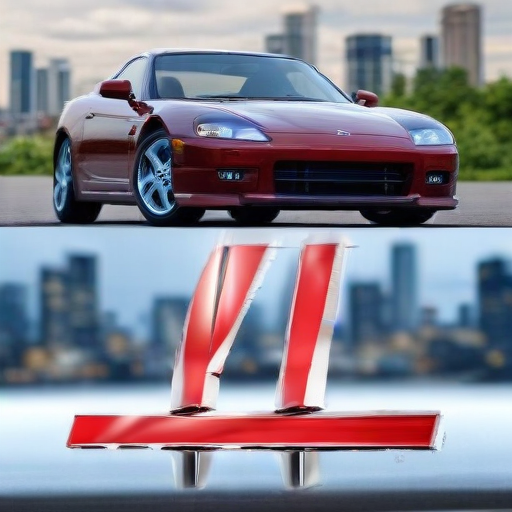Japanese automotive giants Honda and Nissan have initiated discussions regarding a potential merger, a move that could position them as the world’s third-largest car manufacturer by sales. This collaboration comes at a time when the industry is undergoing significant transformations as it shifts away from fossil fuels.
The two companies have signed a memorandum of understanding and have included Mitsubishi Motors in the talks. Honda’s president, Toshihiro Mibe, expressed that their goal is to unify operations under a joint holding company, which Honda will initially lead while maintaining the distinct identities of both companies. The timeline for a formal merger agreement is set for June, with the completion of the deal expected by August 2026.
Although specific monetary figures were not disclosed, this merger could create a corporation valued at over $50 billion, enhancing their ability to compete with leading automakers such as Toyota and Volkswagen. Despite the merger, Toyota would maintain its position as Japan’s largest automaker, rolling out approximately 11.5 million vehicles compared to the combined output of about 8 million from Honda, Nissan, and Mitsubishi.
The impetus for the merger talks partly stems from unconfirmed reports suggesting that Foxconn, a significant player in the tech industry, may be interested in collaborating with Nissan. Honda, being Japan’s second-largest automaker, is seen as a key partner capable of revitalizing Nissan, especially after the struggles it faced following the scandal involving former chairman Carlos Ghosn.
Experts believe that merging these three companies could not only enhance their vehicle offerings, particularly in the electric vehicle sector, but also leverage Nissan’s experience in battery production. This move aligns with an industry trend of consolidation, as businesses seek to adapt to a marketplace increasingly focused on sustainability and technological advancements.
Challenges remain, however, as Nissan faces financial difficulties, recently announcing job cuts and a significant reduction in production capacity following a reported loss. Nevertheless, the company possesses robust cash reserves, which may provide some stability amidst these changes.
The announcement of these merger talks has had a positive impact on the stock prices of both companies, indicating a hopeful outlook within the industry despite the hurdles ahead. Japanese officials have emphasized the need for competitiveness in this rapidly evolving market, signifying that strategic collaborations may be crucial for automotive companies looking to thrive in the face of change.
Overall, this potential merger represents a proactive step for Honda and Nissan, reflecting their commitment to adapting and thriving in the competitive automotive landscape. As the industry evolves, partnerships like this may pave the way for innovation, sustainability, and greater value for consumers.
